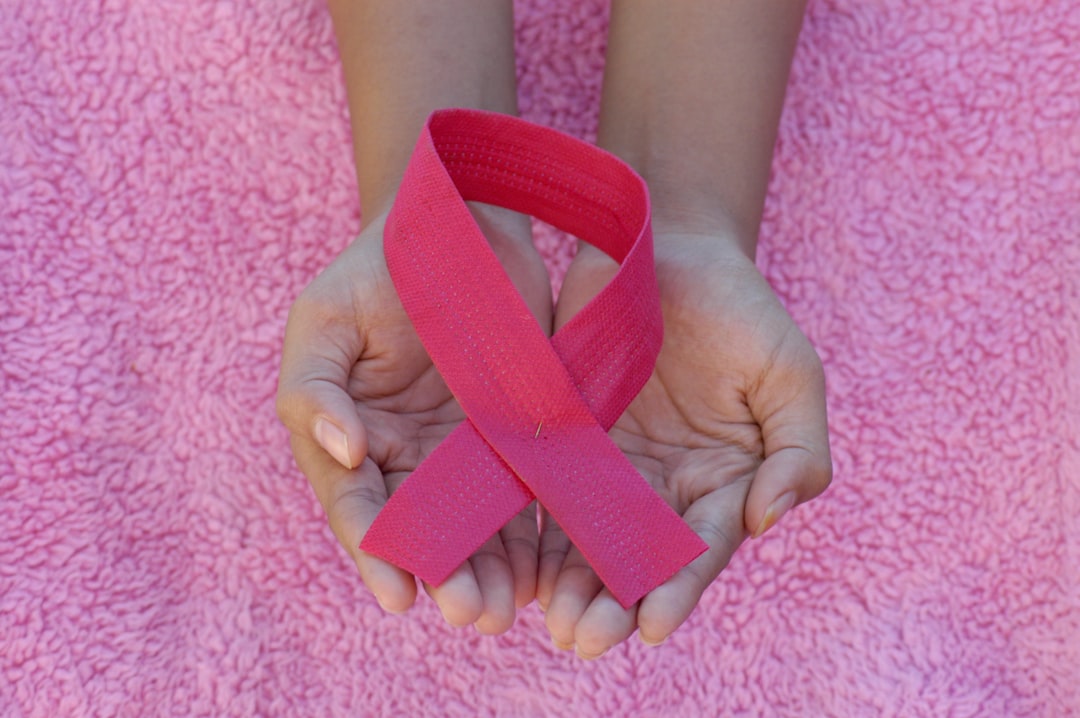What is it about?
Well-coordinated pair bond relationships occur in many species, humans included. We used a simulation model to show that animals whose decisions are guided by their emotions can evolve cooperative pair bonds that are resilient to mistakes and miscommunication. Deceit, however, can eradicate cooperation, and emotions can make this even worse. We show that one defense against deceit is the evolution of a courtship process where animals can develop relationships without paying their full costs.
Featured Image

Photo by David Clode on Unsplash
Why is it important?
Our model results show that emotions and courtship work synergistically to allow resilient cooperation within bonded pairs, linking evidence for neuroendocrine-behavioral feedbacks underlying pair bonding to the evolutionary benefits of intrapair cooperation. This contrasts with previous models of pair bonding based in sexual conflict or iterative negotiation, where cooperation was non-existent or required restrictive conditions.
Perspectives
Theories based in sexual conflict have been a rich source of insight into social evolution, but don't explain the cooperative pair bond relationships that are typical of our species among others. In some popular interpretations, this focus on evolutionary conflict has been used to give a veneer of science to an unrealistic pessimism about human relationships. I hope that our model can help correct this trend by showing how resilient cooperative pair bonds can evolve.
Suzanne Sadedin
Read the Original
This page is a summary of: Emotions and courtship help bonded pairs cooperate, but emotional agents are vulnerable to deceit, Proceedings of the National Academy of Sciences, November 2023, Proceedings of the National Academy of Sciences,
DOI: 10.1073/pnas.2308911120.
You can read the full text:
Contributors
The following have contributed to this page










